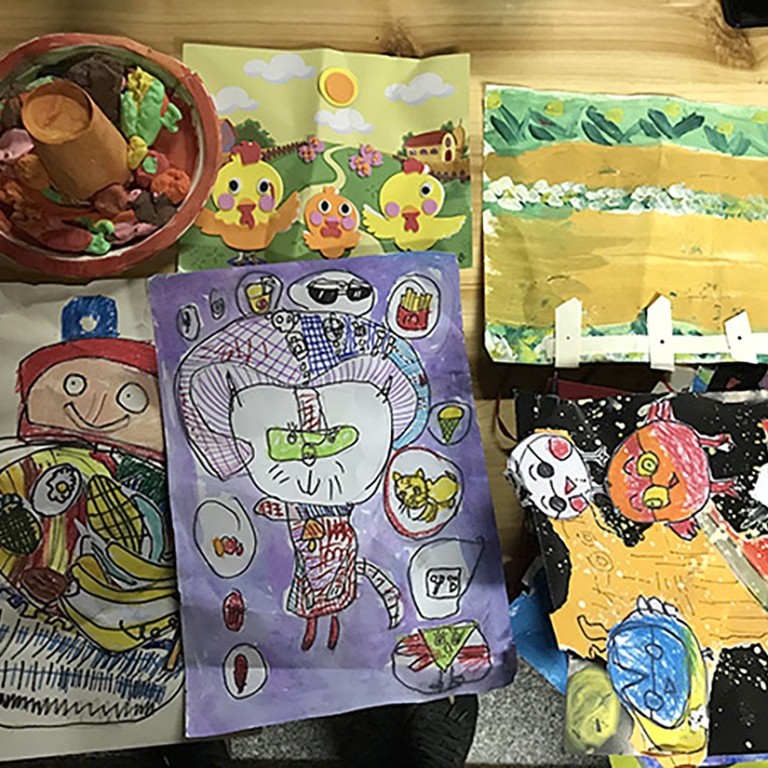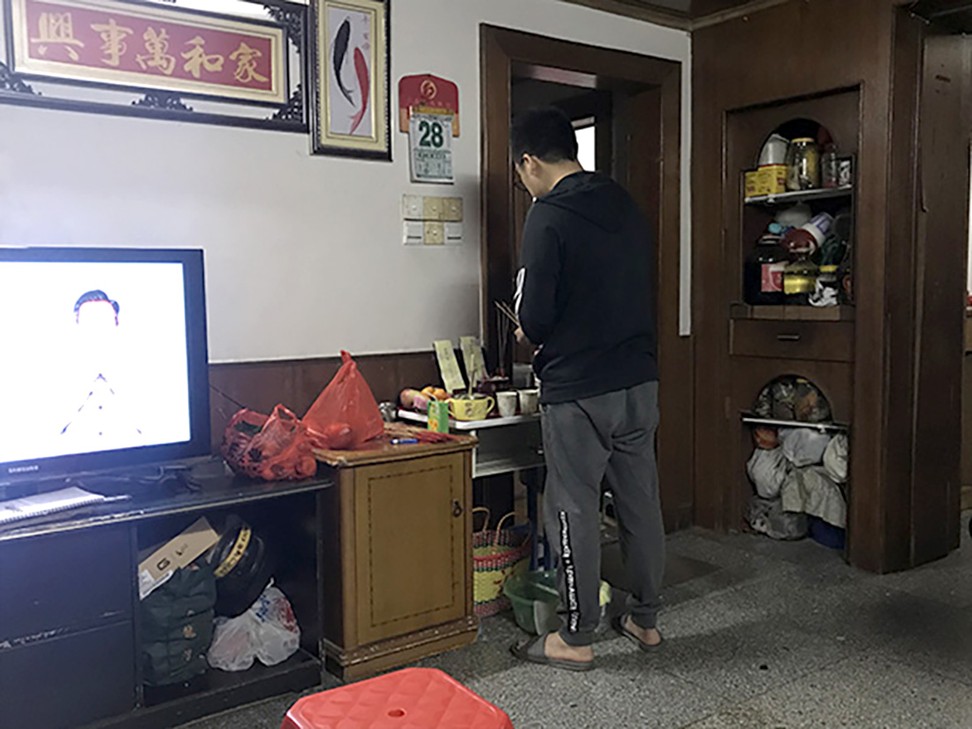
Pregnant woman found dead with son on Christmas Day ‘struggled with bullying and exclusion over his autism’
- Husband found charcoal burning in the bedroom where they died, and wife left two notes, according to report
- She had begun to homeschool the boy after he was rejected by several schools and suspended from his latest school, which lacked specialist staff
A pregnant woman in southern China was found dead alongside her seven-year-old autistic son on Christmas Day in what police and emergency services said was the result of carbon monoxide poisoning, according to Chinese media.
The bodies of the child and the 32-year-old, who was three months pregnant, were discovered in a bedroom in Guangzhou, Guangdong province, on Christmas morning by the woman’s husband, the boy’s father, Shanghai-based news outlet Thepaper.cn reported on Tuesday.
The husband found charcoal still burning on a steel plate inside the room, and two letters from his wife – one addressed to him and another to her parents – on the kitchen table, the report said.
The wife had bought charcoal from a nearby convenience store the previous evening, it said.
She had told her husband of her difficulties homeschooling their son, and had been withdrawn and exhausted, he told the news site.
The South China Morning Post’s calls to Jinzhou community police station in Guangzhou went unanswered.
The family’s experiences underline the social and financial pressures faced by parents of autistic children in a country with little public awareness of and assistance for autism and other learning disabilities.
The husband told Thepaper.cn that his son – given the pseudonym Yang Yang in the report – had been diagnosed with autism at the age of three, and the couple had tried several courses of full-time “intervention training” classes in different areas of Guangzhou to help him develop his social and communication skills.
“There was one programme which cost 400 yuan [US$58] per day which he attended for more than a year, and the results were huge,” the husband was quoted as saying, adding that the child’s communication had improved greatly over the years.
But the high cost of specialist education took its toll on the family’s savings, and they had to borrow thousands of yuan from family and friends.
Yang Yang spent a year of kindergarten at Guangzhou Panyu District Peizhi School, a special needs school catering to autistic children, before he was forced to transfer to a mainstream school in September due to a lack of places at the specialist school. He was turned down by about five mainstream schools before he was accepted, the report said.
In addition to severe financial pressures, Yang Yang’s parents were repeatedly criticised by other parents at his mainstream school who accused Yang Yang of getting into fights with their children, the husband was quoted as saying.
The couple were forced to withdraw Yang Yang from school on December 19 after numerous complaints from parents, he said, adding that the school did not know that the boy had autism and did not have specially trained staff for it.
The man said his wife’s mood was affected drastically as she began to homeschool Yang Yang on top of her full-time job as an accountant. She also claimed that she was being bullied by other parents in a WeChat group.
According to a 2016 report by medical journal The Lancet, China has the second-highest number of children under five with intellectual disabilities and autism spectrum disorders after India, and the highest number of under-fives with attention deficit hyperactivity disorder.
Government guidelines require public schools to provide improved services for children with autism, which is classed as a disability, but the time frame and details remain unclear.
Sixth Tone, the English-language sister publication of Thepaper.cn, reported in November that many mainstream schools still refused entry to children with special developmental needs and many parents of children with special needs had to turn to private schools which are often severely underfunded.
Autism and learning disability awareness groups said autistic children continued to face many difficulties at mainstream schools.
“School environments are still not tolerant enough, and autistic children are especially likely to be rejected due to some of their behavioural and mood problems,” said Li Hong, secretary of the Alliance for Parents of Children with Special Needs. “The most important factor is that schools lack specially trained staff.”
The Nansha district education authority said psychological counselling had been given to teachers and classmates at Yang Yang’s school.
A committee member at the authority, Chen Yongmei, told Thepaper.cn that there was no policy preventing the mainstream schooling of autistic children, and vowed that the authority would allocate more resources to educate children with special needs.
If you or someone you know is having suicidal thoughts, help is available. The Beijing Suicide Research and Prevention Centre can be reached on +86 10 82951332. For Hong Kong, dial +852 28 960 000 for The Samaritans or +852 23 820 000 for Suicide Prevention Services. In the US, call The National Suicide Prevention Lifeline on +1 800 273 8255. For a list of other nations’ helplines, see this page.


